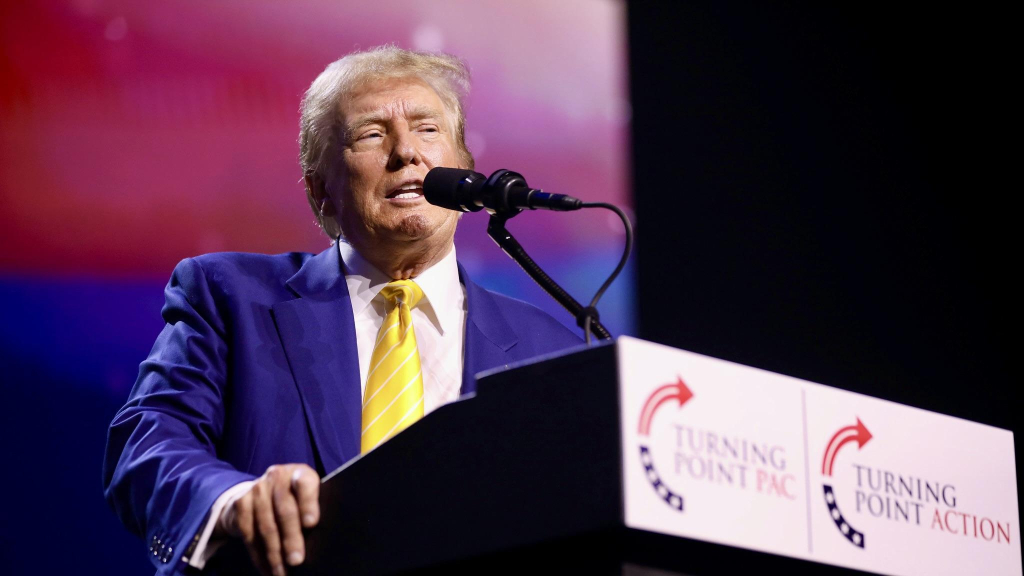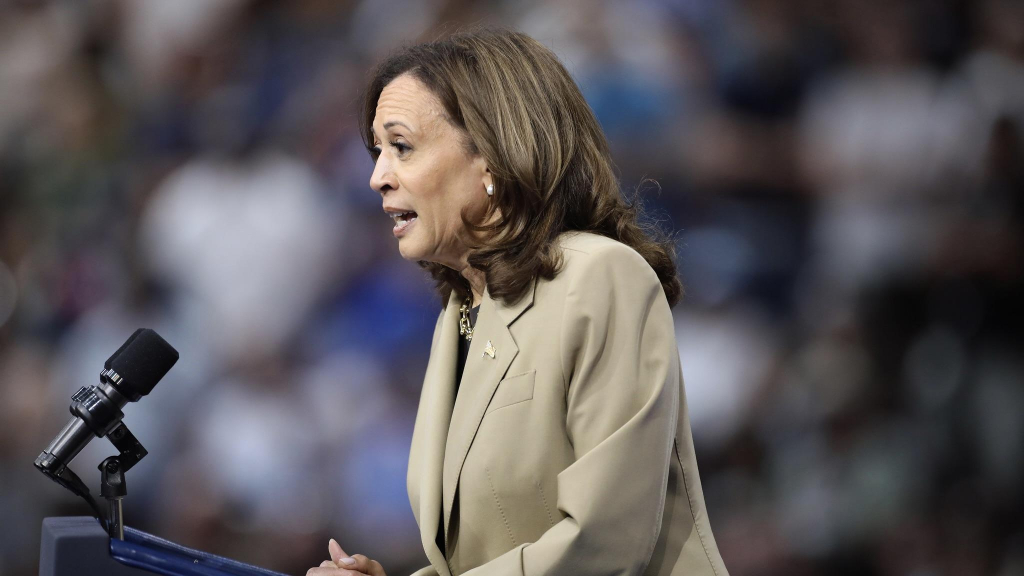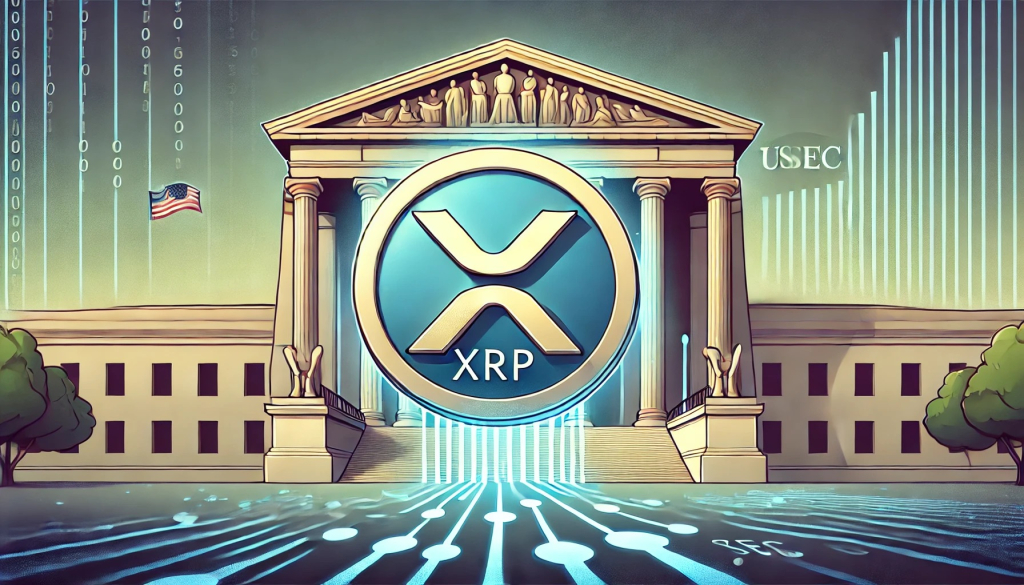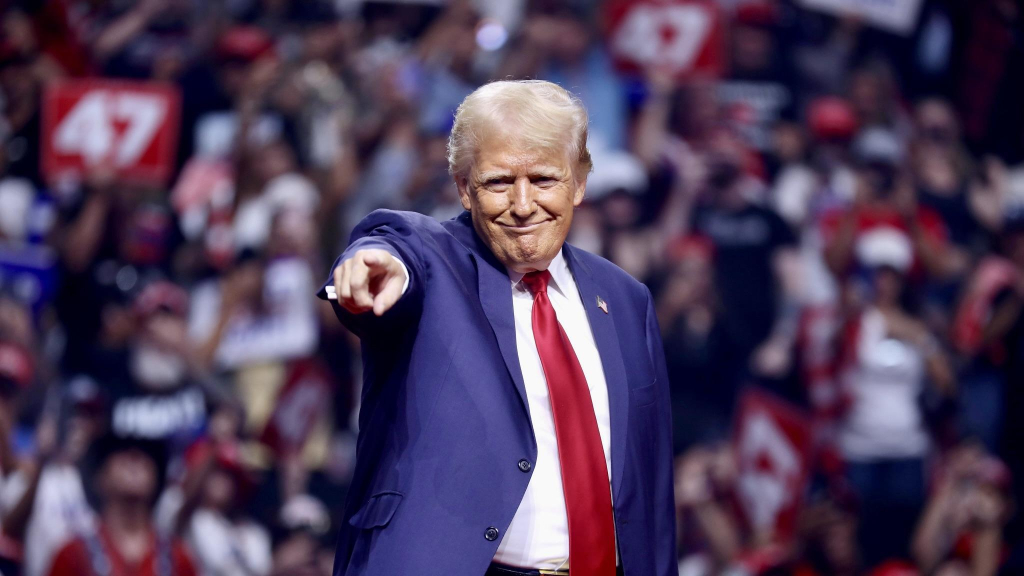CryptoLaw founder and Ripple lawyer John Deaton has accused the Securities and Exchange Commission (SEC) of taking advantage of the legal ambiguity surrounding cryptocurrencies to redefine what qualifies as a security under the Howey test.
According to Deaton, the regulator's lawsuits against crypto firms are pushing the boundaries of what constitutes an investment contract and a common enterprise in the US, which are the building blocks of securities law.
In an article published on Bloomberg Law, Deaton argued that the SEC's actions could have "enormous" economic and legal consequences if left unchecked. He also claimed that the SEC's approach is straying into dangerous legal territory in court.
Deaton was particularly critical of the SEC's complaint against Ripple, in which the regulator claimed that every sale of XRP is a securities sale. Moreover, the SEC argued that XRP's "very nature" is that of an investment contract, and thus a security, since it is the "very embodiment" of an investment contract in Ripple Labs.
However, Deaton disagreed with the SEC's argument, stating that many retail investors purchased XRP without any knowledge of Ripple Labs, and that the XRP token is a bridge asset used for cross-border payments. Therefore, it cannot be considered an investment contract under the Howey test.
He also argued that the SEC's claim that every XRP sale is a securities sale goes beyond what the 1933 Securities Act and over 250 federal appellate and Supreme Court decisions about securities law ever imagined.
Furthermore, Deaton said that the SEC's litigation against crypto companies is exploiting the legal uncertainty surrounding cryptocurrencies, and that the regulator's actions could have far-reaching consequences if they are allowed to continue unchecked.

































Comment 0